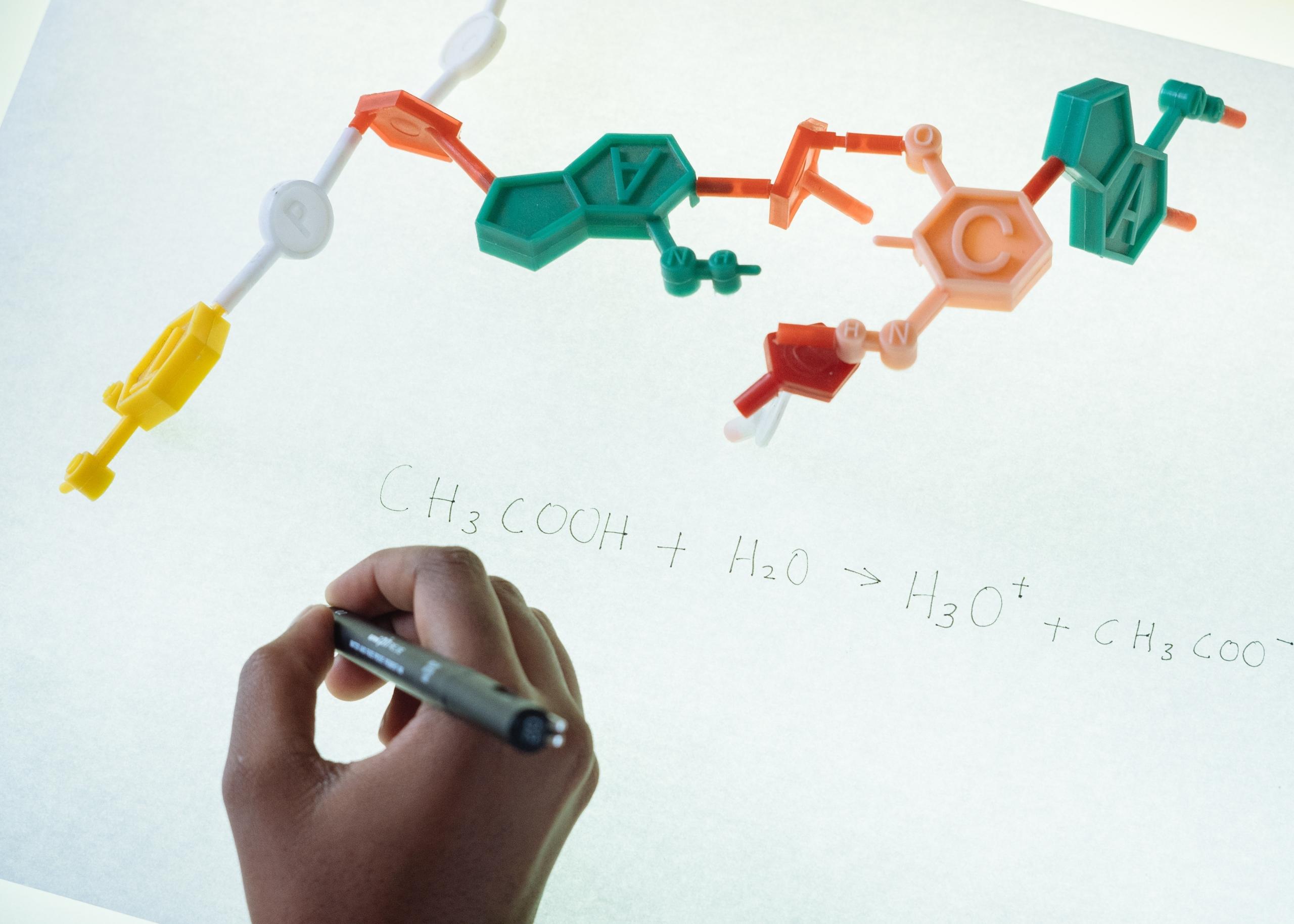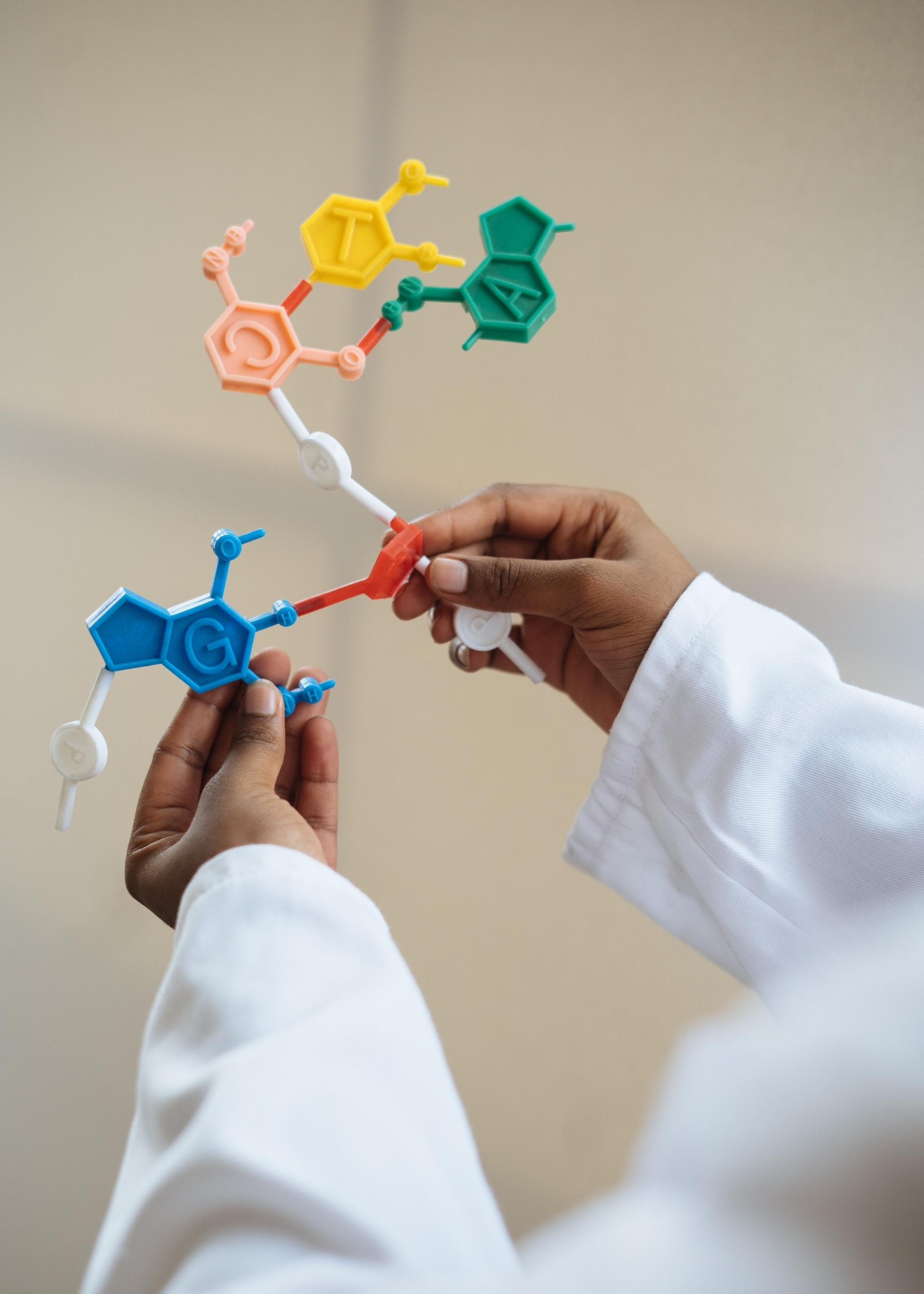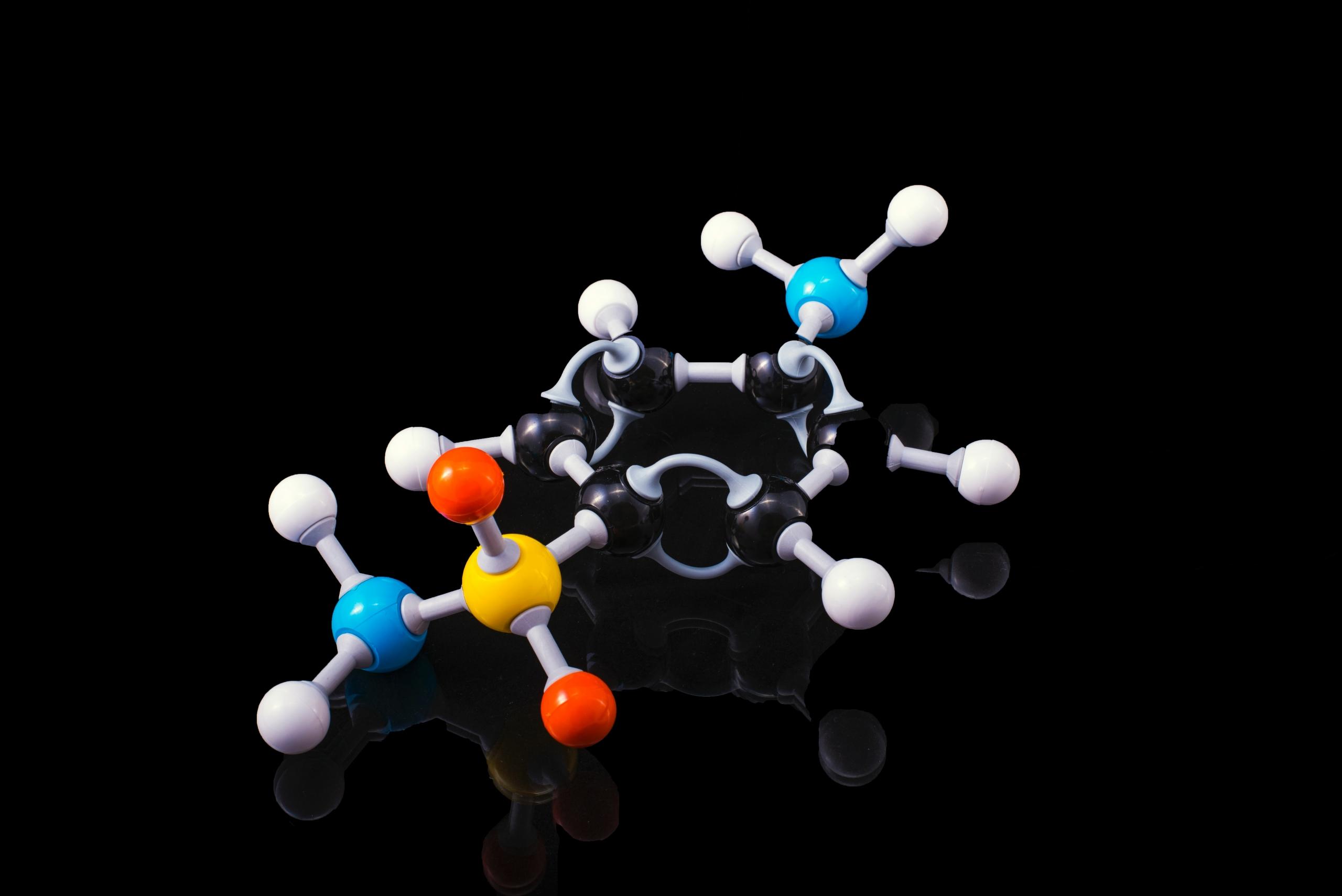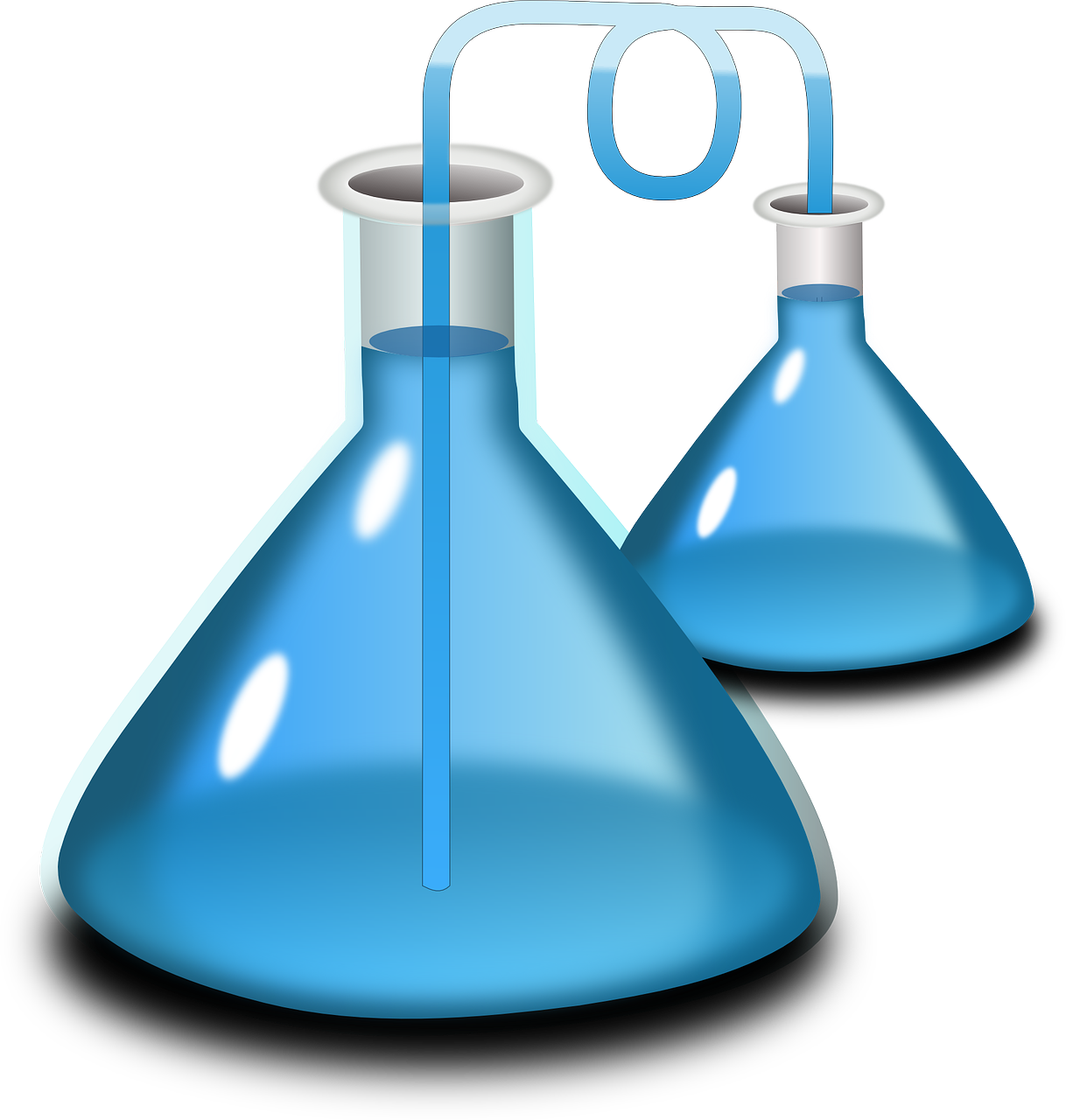Before you take your NCEA level 2 chemistry exam, you need to be clear about the contents of the exam. In order to do this, the New Zealand Qualifications Authority provides students with support material on its website, which can be freely downloaded. Students can have access to past papers from previous years, which include all the results and statistics. The NZQA website not only contains support material for your NCEA chemistry level 2 exam, but also for all subjects that will be evaluated. All the texts that you can find on the website provide very useful information to help you face the exam the best way possible.
Before we focus on the specific exam topics, let's review the essential definitions of chemistry and its fundamental chemical processes. Information that students usually learn in their first chemistry lessons. Chemistry is the science that studies matter, the energetic processes that occur in it, as well as its changes. Although this definition reflects the essential functions of chemistry, it is considered to be imprecise. Chemistry does not study everything that is related to matter and energy. On the other hand, physics goes much deeper into the study of matter and energy. Chemistry deals with only a portion of these topics.

It could be said that chemistry is the science that studies everything related to those processes in which substances are obtained from others. The object of study of chemistry is substances and their interactions. Chemistry is the science of substances. However, it shares its objects of study with sciences such as physics. It is also related to other sciences such as arithmetic. This crossover is not problematic. Thanks to the relationship that chemistry has with other sciences, new disciplines have been created and new fields of knowledge have been founded, in which scientific tools are used regardless of which discipline they belong to. The scientific method is the same for all sciences.

The NCEA chemistry level 2 exam and its assessments
While it is true that students preparing to take their NCEA Chemistry Level 2 exam have already met several of their goals for the year, it is never too late to continue to understand the contents of the NCEA exam. In the level 2 chemistry exam, students will be required to handle concepts of bonding, structure, properties and energy changes. In addition to this, they will have to demonstrate a full understanding of chemical reactivity, one of the topics that is constantly recurring in the exam questions.
The exam questions usually have different characteristics. Usually, students must combine their theoretical and visual knowledge to answer questions that involve graphs, arithmetic calculations and theoretical information. An example: Butane is used to fuel a camping stove (an example taken directly from real life) Butane burns easily in oxygen. Then a graph (a picture) representing the energy profile of butane combustion is shown. Based on this statement, different questions are asked. Some of these questions are related to math, for example: the student is requested to calculate what is the energy released when this mass of butane gas burns completely in oxygen. Another kind of questions will be more related to theoretical knowledge and logic. Example: The student is required to explain how the diagram (the supporting image) shows that the enthalpy change for this reaction is negative. Then, students will have to search their knowledge for the required information and use it to explain what is shown in the image.

Final evaluations may include partial credits earned by the student during the school year. There exist different types of goals. Some may include a formal writing challenge (example, a written job application) or other goals may be about how to write and present a paper. Some of these goals will be assessed during the year and other goals will be assessed at the end of the school year. Credits are cumulative throughout the year. The more credits the student earns the better their final score will be. Once credits are earned they last for life. Students can keep track of their credits and check at any time how many credits they have accumulated.
Despite the importance credits may have, chemistry lessons that students receive are essential to understand the chemistry content. The chemistry lessons that the students receive during the year are the ones that will allow them better understanding of the topics included in the NCEA chemistry level 2 exam. Some of the topics that the students will find in the test will be, among others, solubility, different melting points, reactions and polymers, but they should also be able to name and draw some elements and their components.
Chemistry is more than just an exam
Organic chemistry is one of the other major topics that will be part of the NCEA Chemistry Level 2 exam. Organic chemistry is the science that studies the structure, physical properties, reactivity and transformation of organic compounds. But why is it so important? Its importance is due to the fact that this field of chemistry studies organic compounds, in other words, those compounds that combine carbon and hydrogen as a base, although they can also contain oxygen, sulfur, nitrogen, phosphorus and halogens. Organic chemistry is closely related to biology. The fusion of biology and chemistry resulted in biochemistry. The main focus of this collaboration is related to metabolisms, that is, to the molecular processes that take place in the body of living beings.
This is why chemistry (and organic chemistry) is so important, because the more we progress in the study of the organic, the more we can learn about living things. The chemical is everywhere. Our environment is surrounded by chemical processes. Throughout our daily lives we are in contact with products that have been created by chemical processes. We can appreciate chemical reactions not only in the laboratory or during our chemistry lessons that we have had access to. Chemical components and processes are everywhere.
Let's continue understanding the NCEA Chemistry Level 2 exam. Although the exam presents some arithmetic difficulties, students will be allowed to use calculators during the exam. In addition, students will be given a supporting text that contains the pertinent chemical formulas needed for Chemistry Level 2. Example: a copy of the periodic table with element symbols, atomic numbers and molar masses. This supporting text for Chemistry Level 2 can be found on the official website of the New Zealand Qualifications Authority. While completing the Mathematical exercises in the exam, please note that you will need to use the molar mass values given in the question or in the periodic table provided. The entire operation must be shown in the calculations. Numerical answers should be rounded to three digits to obtain a close and accurate result
Preparing for the exam
Facing a big exam can be very stressful. A final exam challenges the entire skills of a student. As this test approaches, most young people feel anxiety as well as a lot of worries. It is not wise to lose control before an academic event of this magnitude. Is it possible to overcome such fear? Yes, it is. Fear is caused by uncertainty. In order to remove all uncertainty, it is necessary to have good preparation. First of all, you need to be clear about the contents of the exam. Second, you need to understand the exam in depth. I mean learning about all its parts, the length of the exam and what kind of questions will be asked.

Proper academic preparation takes time. The more time we spend studying, the better our learning will be. Specialists recommend studying every day. If young people study one hour a day, they will be able to better understand the contents of the subject. Study plan can be designed if the exam is at the end of the year. Studying one hour a day from the beginning of the year is a very good methodology to master the subject. Obviously, the chemistry classes provided at school are essential. It is these chemistry lessons that allow students to begin to understand the essence of chemical processes. Remember that you are preparing for the exam and therefore the training has to be related to external assestment and what it demands.
Independent study is the commitment that students must have with their learning. That is why it is so important to design a plan. Study methods are helpful. Good students do summaries, study worksheets, underline study texts with the most important ideas, and don't wait until the last minute to study the whole subject. Students recover their confidence when a good study plan is designed. A prepared student has everything under control. They may feel nervous or fearful, but these are emotions that do not overwhelm them. These are normal emotions in every human being when faced with a stressful situation. Another very useful study method especially if you need to clarify doubts is group study. When students get together in a study group, the more advanced students usually help those students who are full of doubts or do not understand some topics related to the study of chemistry. These study groups have the benefit that all members reach a similar level of knowledge. Study groups are very useful for all students who wish to improve and share academic experiences with a peer.
Summarise with AI:
























